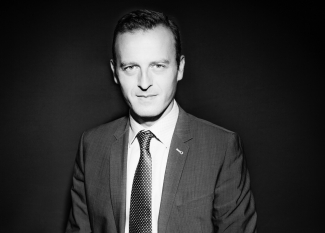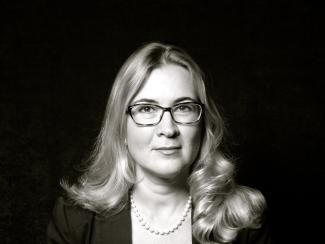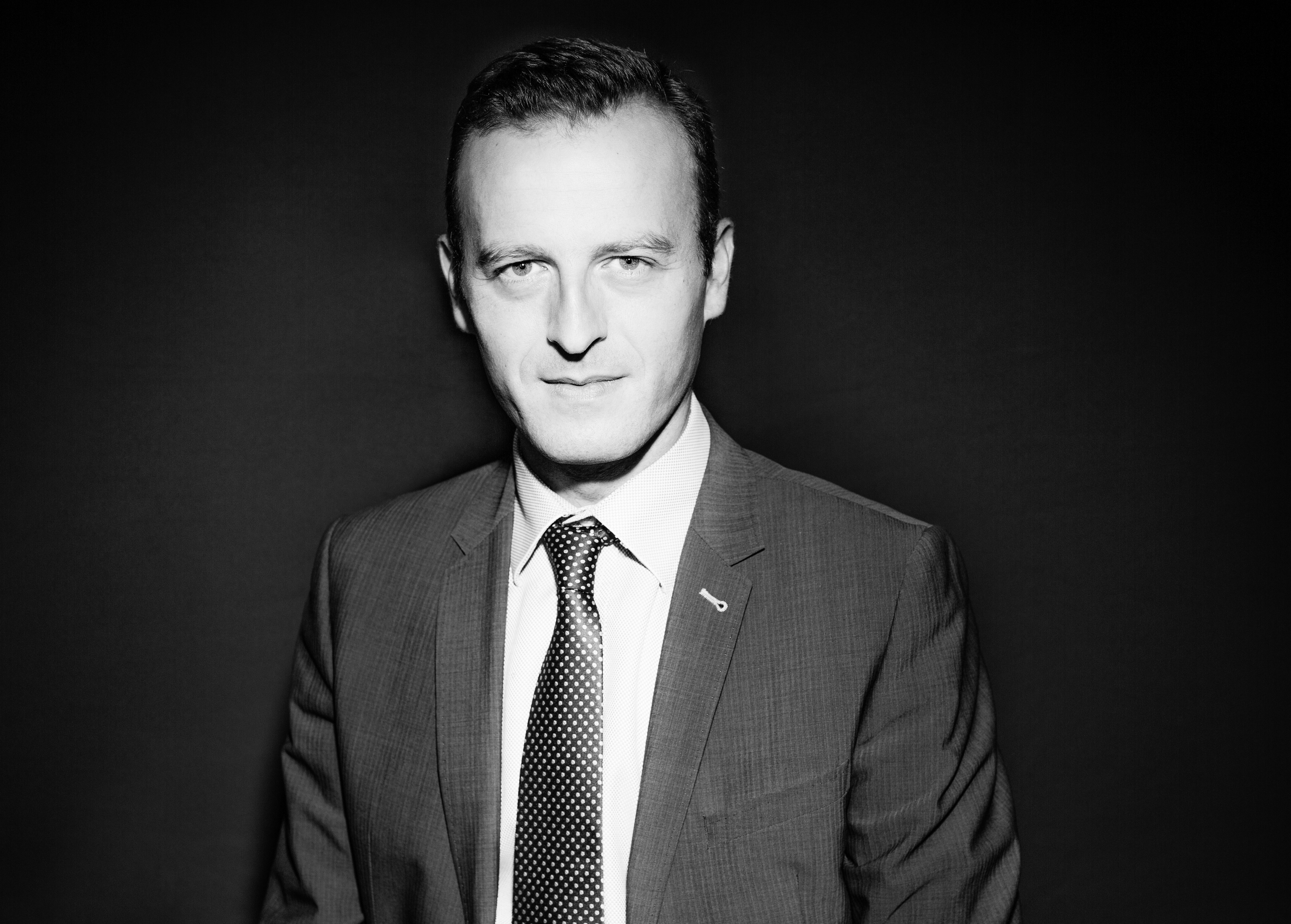Russie.Nei.Visions 2008: Russia, Belarus, Ukraine, Moldova, Armenia, Georgia, Azerbaijan, Kazakhstan,Uzbekistan, Turkmenistan, Tajikistan, Kyrgyzstan: Understanding Russia and the New Independent States

In this year's collection from Ifri's Russia/NIS Center, four themes are explored: the EU-Russia relationship, the strategies of Russia's national champions, Russian foreign policy, and energy and strategy dimensions in Russian bilateral relations. "Any publication on Russia to be released in 2008 is doomed to be a risky business: the ongoing transition from Putin to Medvedev can easily make even the most solid assumptions, hypotheses and conclusions obsolete or irrelevant. But the IFRI compilation is likely to have a long shelf life—the authors dwell on issues and problems that will not fade away with the new President getting to the Kremlin. The volume is a fair and clear reflection of the major challenges that the post-Putin country faces today; it gives plenty of food for thought to anyone interested in the current state and the future of Russian foreign policy in general and its relations with EU in particular."
Andrey Kortunov, President of the New Eurasia Foundation and the ISE-Center (Information. Scholarship. Education), Moscow

Available in:
Regions and themes
ISBN / ISSN
Share
Related centers and programs
Discover our other research centers and programsFind out more
Discover all our analysesDeathonomics: The Social, Political, and Economic Costs of War in Russia
The report attempts to outline and examine a truly new phenomenon in Russian society, dubbed “deathonomics”—the making of a mercenary army against the backdrop of the Kremlin’s war in Ukraine, eventually replacing both the Soviet (conscript) and early new Russian (contract) armies. It notes that, by the end of 2023, this trend had turned the military service into one of the highest-paying professions in the country, something not seen in Russia on such a scale since the late 17th century.
Russia's Asia Strategy: Bolstering the Eagle's Eastern Wing
Among Russia’s strategic priorities, Asia traditionally played a secondary role compared to the West. In the mid-1990s, then Foreign Minister Yevgeny Primakov initiated a rapprochement with China and India. Then, in 2014, deteriorating relations between Russia and the West prompted Moscow to begin its “great pivot to the East”.
Kazakhstan After the Double Shock of 2022: Political, Economic and Military Consequences
The year 2022 represented a dual shock for Kazakhstan. In January, the country faced its most severe political crisis since independence, followed in February by Russia’s full-scale invasion of Ukraine, which cast uncertainty over the borders of post-Soviet states. These consecutive crises profoundly shaped Kazakhstan’s domestic and foreign policy.
How the Russian Army Changed its Concept of War, 1993-2022
The traditional and high-intensity war that has occurred in Ukraine since Russia decided to invade raises a key issue: did post-soviet Russian strategic thought really prepare Russia for waging this war?














